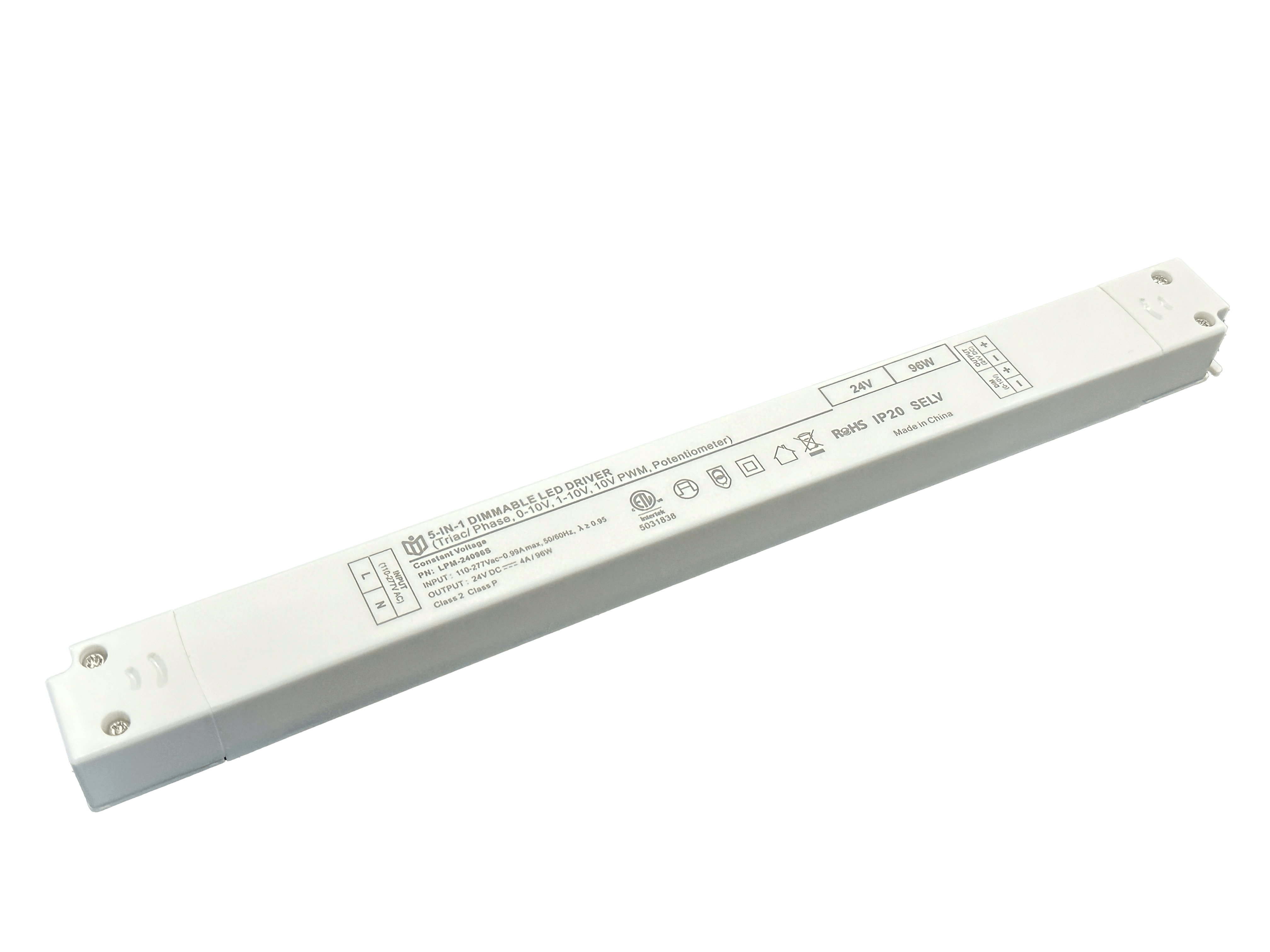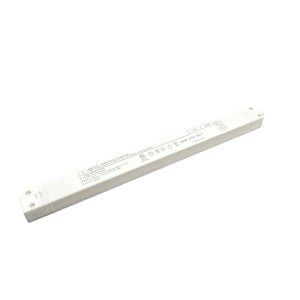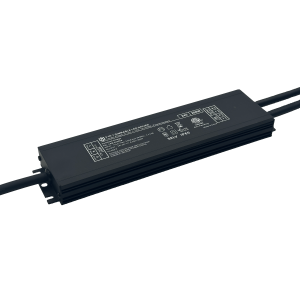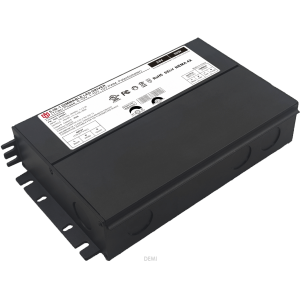New Heights in Customization: How to Choose the Right TRIAC Dimming Power Supply for Your Needs
The evolution of lighting technology has transformed how we interact with environments, and at the heart of this revolution lies precise control mechanisms—none more versatile than TRIAC-based dimming systems. Unlike traditional on/off switches, these intelligent power supplies enable seamless adjustment of brightness levels while maintaining color accuracy and efficiency. But selecting the perfect unit requires understanding both technical specifications and practical applications.
Decoding Your Project’s Core Requirements
Begin by auditing your existing setup: What type of bulbs or fixtures will connect? Incandescent loads behave differently from LED arrays regarding heat dissipation and current draw. Note whether you need single-zone control or multi-circuit synchronization. For instance, architectural highlighting demands flicker-free performance across hundreds of meters, whereas task lighting prioritizes instant response times. Don’t overlook environmental factors either—humidity levels in bathrooms or vibration exposure in industrial spaces significantly impact longevity.
Modern TRIAC dimmers now integrate WiFi/Bluetooth modules for app-based scheduling, but basic models still reign supreme in simplicity. Ask yourself: Do I want voice commands via Alexa? Or prefer manual sliders near doorways? This dichotomy shapes everything from wiring complexity to user interface design. Remember that older buildings often lack neutral wires, necessitating no-neutral solutions which add cost but preserve historical aesthetics.
Crucial Technical Specifications Breakdown
Voltage range stands paramount—North American grids run 120V while Europe uses 230V systems. Mismatched supplies cause audible buzzing and reduced lifespan. Look beyond nominal values too; quality units handle ±10% fluctuations without compromising dimming curves. Pay equal attention to maximum load ratings: Underspecifying leads to overheating fire hazards, yet overengineering wastes money. A safety margin of 20% above calculated wattage is wise (e.g., choose 600W if total load hits 500W).
Frequency compatibility matters greatly. Standard line frequencies vary globally (50Hz vs 60Hz), affecting phase-cut detection algorithms inside controllers. Some premium models auto-detect inputs, but budget alternatives may fail cross-border projects. Also verify certification marks like UL listing or CE marking—these aren’t just bureaucratic hurdles but proof of rigorous testing against surges, short circuits, and electromagnetic interference.
Advanced Features That Elevate Performance
Dimming curves define transition smoothness between steps. Leading Edge (LE) variants chop waveform front portions ideal for resistive loads, whereas Trailing Edge (TE) cuts trailing halves suiting capacitive CFLs better. Emerging hybrid modes dynamically adapt curve shapes based on real-time load analysis—a boon for mixed-technology installations common in retrofits.
Smart functionalities extend beyond mere dimming. Many contemporary supplies support occupancy sensors, photocell inputs, and daylight harvesting algorithms. Integration with BMS systems allows centralized management across facilities, slashing operational costs through automated demand response programs. When evaluating connectivity options, prioritize open protocols like Zigbee over proprietary ecosystems to avoid vendor lock-in scenarios.
Real-World Installation Pitfalls & Mitigation Strategies
Even textbook-perfect selections falter without proper execution. Common mistakes include daisychaining multiple dimmers on one channel causing signal corruption, or neglecting cable gauge calculations leading to voltage drops over distance. Always measure actual line impedance before finalizing layouts. Shielded twisted pair cabling minimizes noise pickup in sensitive audiovisual environments—a lesson hardwired installers learn painfully after experiencing hum bars on projectors.
Temperature management frequently gets overlooked too. Enclosed cabinets trapping heat accelerate component aging exponentially compared to ventilated enclosures. Consider IP ratings seriously for outdoor deployments; IP65-rated enclosures with gasket seals prevent moisture ingress without sacrificing airflow. And never underestimate labeling clarity—future technicians troubleshooting decades later will curse vague markings!
Future-Proofing Through Scalability & Serviceability
As projects grow organically, modular designs shine brightest. Base units accepting expansion cards for additional channels eliminate complete system overhauls when adding zones later. Hot-swappable components reduce downtime during maintenance windows—critical for hospitals or data centers requiring continuous operation. Cloud diagnostic platforms now monitor fleet health remotely, predicting failures before they occur through machine learning pattern recognition.
Sustainability credentials increasingly influence purchasing decisions too. Units constructed from recycled aluminum extrusions not only lower carbon footprints but also dissipate heat more effectively than plastic alternatives. Energy Star certification validates standby power consumption below 0.5W thresholds, translating directly into utility bill reductions over lifecycles exceeding ten years.

Choosing the right TRIAC dimming power supply transcends mere spec sheet comparison—it demands holistic thinking about present needs, latent risks, and future possibilities. By balancing technical precision with creative flexibility, you transform ordinary spaces into responsive environments where light becomes an active participant rather than passive backdrop. The perfect solution exists within your grasp; now go claim it.
 In heritage architecture prote
In heritage architecture prote
 When small-batch customization
When small-batch customization
 Have the electromagnetic emiss
Have the electromagnetic emiss
 When Triac dimmable power supp
When Triac dimmable power supp
